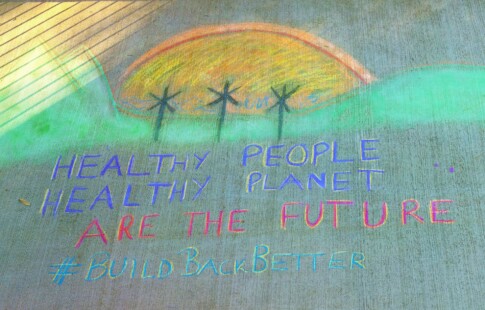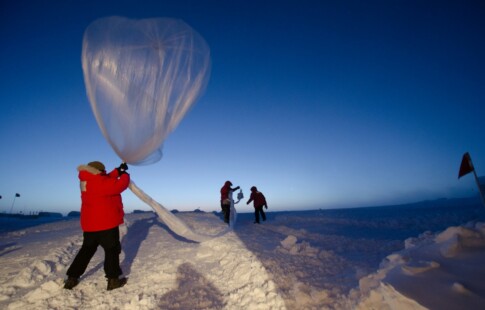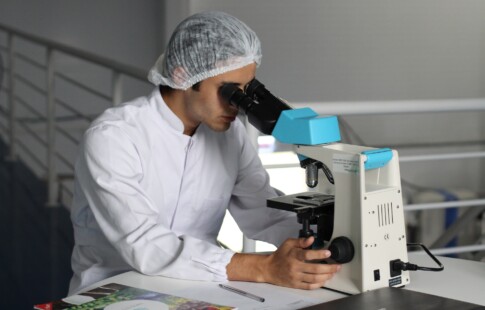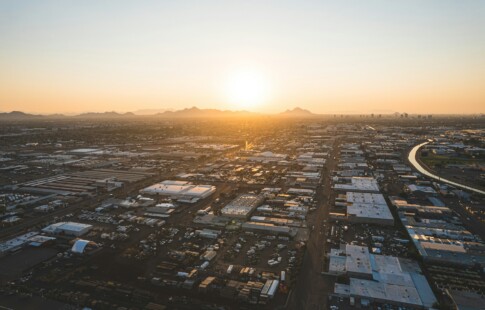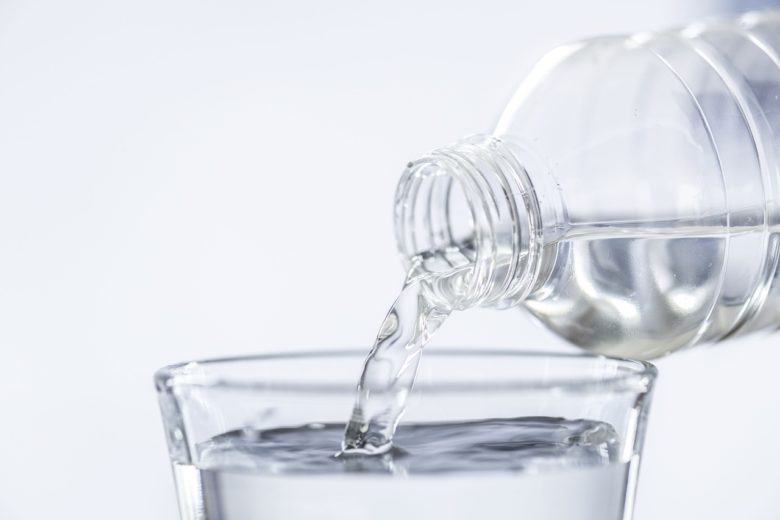
Is Bottled Water Really Safer Than Tap Water?
We are reader-supported. When you buy through links on our site, we may earn affiliate commission.
Bottled water is on average 600 times more expensive than tap water, but many consumers choose it anyway. The world drank 391 billion liters of the stuff in 2017.Why do people choose bottled water over tap? There are several reasons, including convenience and taste, but one of the leading reasons is that they believe it’s healthier. Is bottled water safer than tap? Let’s look at the facts.
Regulations
In the United States, the Food and Drug Administration (FDA) regulates bottled water, while the Environmental Protection Agency (EPA) monitors tap water. The EPA has more stringent restrictions and inspection regimens for tap water than the FDA does for bottled water.
The FDA does not require that bottled water sellers disclose the source of the water, their treatment processes or contaminant reports. The EPA, however, demands regular testing for tap water and requires public water companies to send a water quality report containing this information to the residents it serves every year.
In the United Kingdom, regulations mandate that tap water is checked daily, while bottled water producers only need to conduct testing at the source monthly.
Plastics Contamination
Even if the water going into the bottle is clean, contaminants can affect the water while it’s in the bottle. One of these potential contaminants is plastic from the bottle itself.
A recent study conducted by researchers at the State University of New York in Fredonia found microplastics — tiny bits of plastic — in 93 percent of the 259 bottles of water they analyzed. The bottles came from 19 locations across nine countries and 11 brands. For every liter of water, the researchers found an average of 325 plastic particles. In one bottle, the number of particles per liter was as high as 10,000. The researchers had also previously analyzed tap water. They noted that the bottled water they tested contained about twice as much plastic as the tap water they examined.
Water Treatment
Tap water contains trace amounts of chlorine, which helps kill germs and treat the water for contaminants such as bacteria and pharmaceutical chemicals, which are found in streams across the U.S. Bottled water, however, does not use such disinfectants. Treatment occurs more recently in your tap water, so bacteria growth takes significantly longer. Meanwhile, bottled water often sits on the shelf for months. Once opened, bacteria can grow in bottled water. It’s best to drink bottled within a few days of opening it or, ideally, on the day it’s opened.
Environmental Impact
The environmental impact of bottled water is also much more than that of tap water. The United States has a recycling rate of only about 23 percent. American consumers use around 50 billion plastic water bottles each year, which means that 38 billion of those billions don’t get recycled.
Producing the plastic needed to make bottles and transporting the finished products also requires significant resources and results in emissions. It’s been estimated that it takes as much as three liters of water to produce one liter of bottled water.
Manufacturing and distributing bottled water also requires significant energy input, which results in emissions, as much of the electricity we use still comes from fossil fuels. A study by researchers from the Pacific Institute in Oakland, California, found that producing bottled water requires up to 2000 times more energy than producing tap water.
How to Ditch Bottled Water
So, is bottled water safer than tap? In most cases, the answer is no. If your community has adequate water infrastructure in place and your government hasn’t issued a warning about tap water, the water that comes from your sink is likely just as safe — or even safer — than what comes in plastic bottles. It’s also most certainly less expensive. So, how can you ditch bottled water for tap?
When at home, just get your water from the sink. If you want to take water on the go, buy a reusable water bottle. If choosing a reusable plastic bottle, make sure it’s free of BPA. Keep it near your wallet and keys, so you remember to take it with you when you leave the house.
If you want to make your tap water even cleaner or improve its taste or smell, consider getting a water filter. Many types of water filtering technologies and devices are out there. You can purchase a pitcher that filters water, whether it attaches to your faucet or you install on your countertop or under your sink.
Many people believe bottled water is safer than tap water. The truth is, though, that this usually isn’t the case. The water that comes from your tap is often healthier, better for the environment and more affordable than any bottled water you’d buy in the store. With the use of a reusable water bottle, it can also be just as convenient.
Share on
Like what you read? Join other Environment.co readers!
Get the latest updates on our planet by subscribing to the Environment.co newsletter!
About the author
Jane Marsh
Starting from an early age, Jane Marsh loved all animals and became a budding environmentalist. Now, Jane works as the Editor-in-Chief of Environment.co where she covers topics related to climate policy, renewable energy, the food industry, and more.

